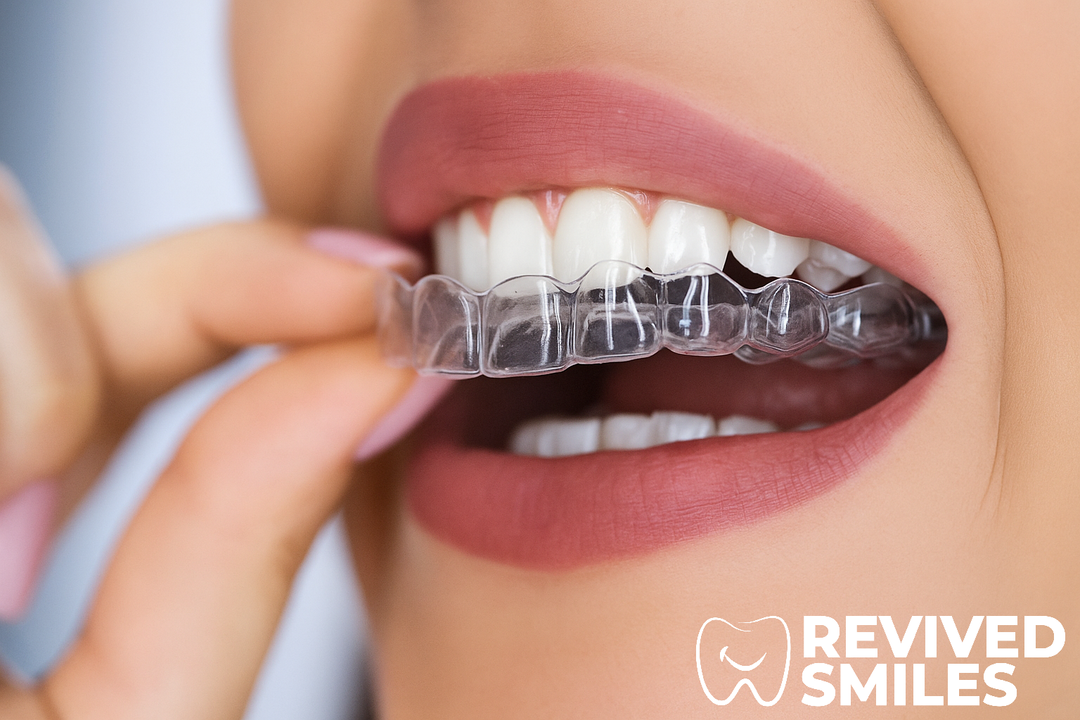Why Traditional Partial Dentures Are Better Than 3D Printed Dentures

Are you considering partial dentures to restore your smile? With advancements in technology, there are now more options than ever for dental appliances. One of the latest trends is 3D printed dentures, which promise quick production and affordability. However, when it comes to quality, durability, and overall effectiveness, traditional partial dentures still hold the upper hand. In this blog post, we’ll explore why traditional partial dentures are a better choice than 3D printed dentures, ensuring you make an informed decision about your dental health.
1. Proven Durability and Longevity
One of the key reasons traditional partial dentures outperform 3D printed dentures is their proven durability. Traditional dentures are crafted using high-quality materials such as acrylic resin and metal frameworks, which have been used and refined over decades.
- Why It Matters: Traditional materials like acrylic and metal are known for their strength and resilience, ensuring that your partial dentures can withstand the daily wear and tear of chewing and speaking. These materials have been tested and proven to last, providing you with a reliable solution that can serve you well for many years.
In contrast, 3D printed dentures are made using different types of resins, which may not offer the same level of durability. While 3D printing technology is rapidly advancing, the materials currently used for printed dentures are often more brittle and prone to breakage, especially under the pressure of daily use.
2. Superior Fit and Comfort
Traditional partial dentures are custom-made by experienced dental technicians who take precise impressions of your mouth. This ensures a snug, comfortable fit that adapts to the unique contours of your gums and teeth.
- Why It Matters: A good fit is crucial for comfort and functionality. Ill-fitting dentures can cause irritation, sore spots, and even lead to issues with eating and speaking. Traditional dentures are crafted with a high level of precision, allowing for adjustments and refinements that ensure a perfect fit.
On the other hand, while 3D printed dentures can also be customized, the technology currently lacks the ability to achieve the same level of detail and personalization as traditional methods. This can result in a less comfortable fit, requiring more adjustments over time.
3. Customization and Aesthetics
Traditional dentures offer a high degree of customization, allowing dental technicians to match the shape, size, and color of the artificial teeth to your natural teeth. This attention to detail ensures that your partial dentures blend seamlessly with your existing teeth, creating a natural and aesthetically pleasing smile.
- Why It Matters: The appearance of your dentures is just as important as their function. Traditional dentures allow for more artistic control in creating a set of teeth that look natural and complement your facial features. Dental technicians can layer different shades of acrylic to mimic the natural translucency and texture of real teeth.
3D printed dentures, while improving in customization, often lack the fine-tuned aesthetic appeal that can be achieved with traditional methods. The materials used in 3D printing can sometimes result in a more uniform, less lifelike appearance.
4. Trusted Techniques and Craftsmanship
Traditional denture-making is an art form that has been perfected over decades. Experienced dental technicians bring a wealth of knowledge and craftsmanship to the process, ensuring that each set of partial dentures is made with care and precision.
- Why It Matters: The skill and experience of a dental technician play a significant role in the quality of your dentures. Traditional methods allow for hands-on adjustments and a level of artistry that is difficult to replicate with 3D printing. The result is a dental appliance that not only fits well but also feels natural and comfortable in your mouth.
While 3D printing is an exciting technological advancement, it is still a relatively new field in dentistry. The automated nature of 3D printing means there is less opportunity for the personalized touch that comes from a skilled technician, which can impact the final product's quality.
5. Reliability and Support
When you choose traditional partial dentures, you’re also choosing a solution that comes with reliable support from your dentist or dental technician. If you experience any issues with your dentures, such as discomfort or damage, you can easily return to your provider for adjustments or repairs.
- Why It Matters: Having access to ongoing support is essential for maintaining the health and comfort of your dentures. Traditional denture providers, like Revived Smiles, offer personalized care and support, ensuring that your dentures continue to fit well and function properly over time.
With 3D printed dentures, the process of getting repairs or adjustments can be more complicated, especially if the provider does not offer the same level of customer support as traditional dental practices.
Conclusion: Choose Revived Smiles for Dentist-Quality Partial Dentures
While 3D printed dentures may seem like a modern and convenient option, traditional partial dentures remain the superior choice for most patients. With proven durability, a superior fit, high customization, and trusted craftsmanship, traditional dentures offer a reliable and comfortable solution for restoring your smile.
At Revived Smiles, we specialize in providing dentist-quality partial dentures that combine the best materials, expert craftsmanship, and personalized care. Our commitment to quality ensures that you receive dentures that not only look great but also stand the test of time.
Visit Revived Smiles today to explore our range of high-quality partial dentures and take the first step toward restoring your smile with confidence.





Leave a comment